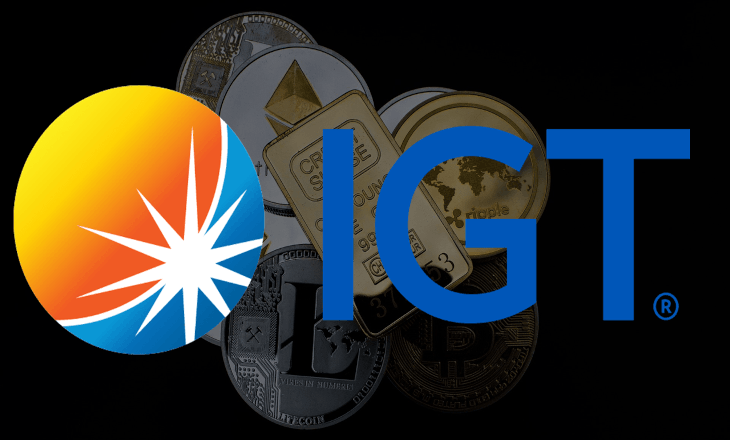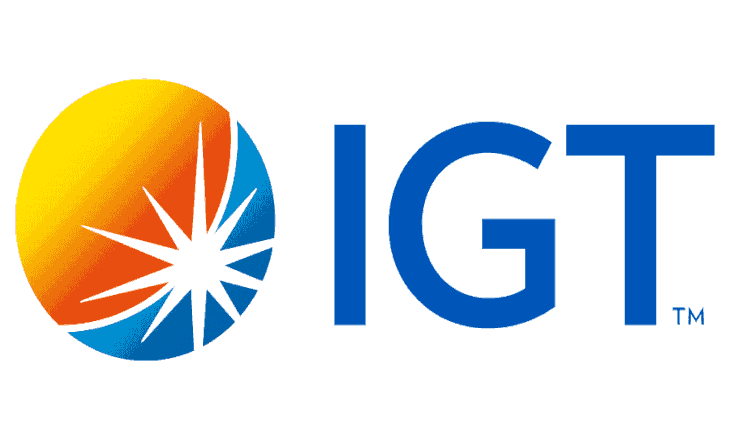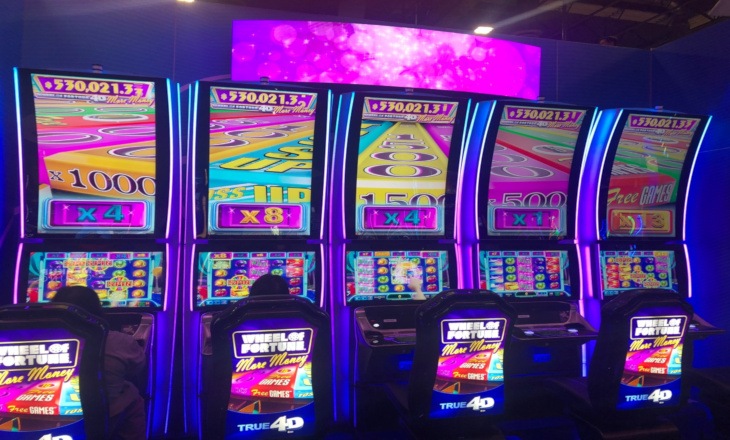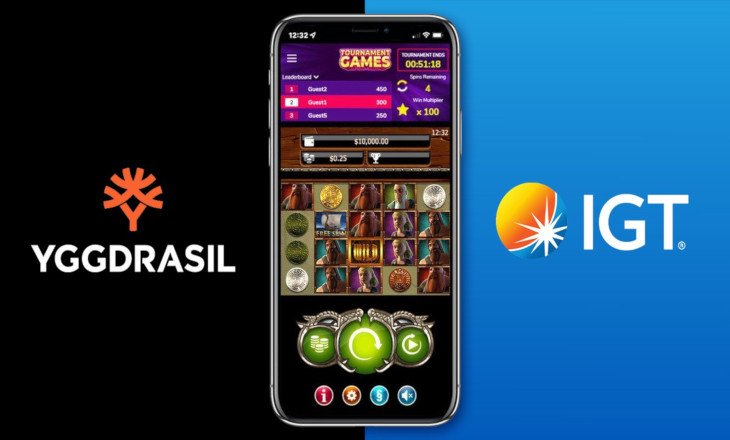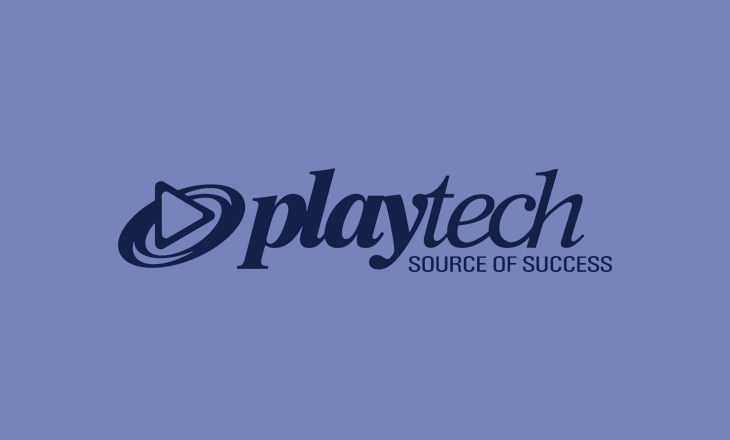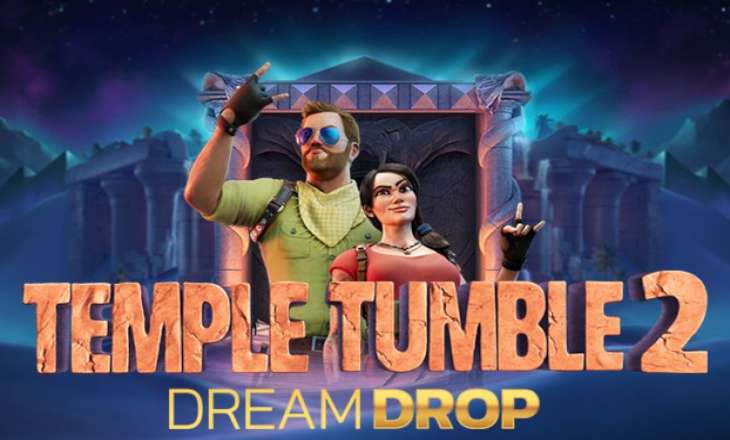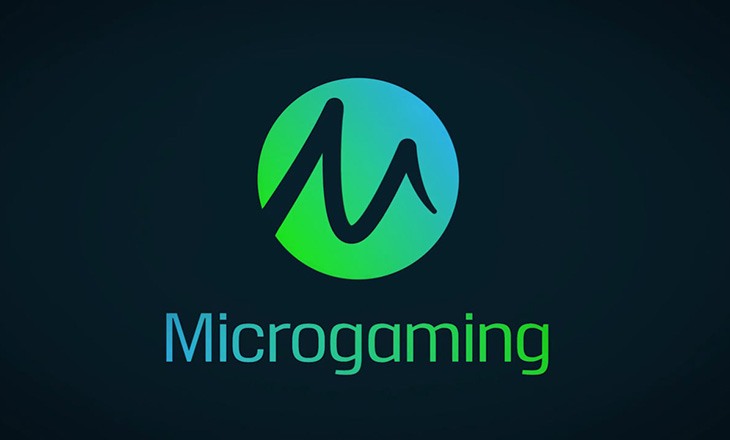Cryptocurrency payments may be on the cards for your local land-based casino following International Game Technology’s (IGT) finalisation of a patent that expands existing machine-based payment options.
In a report, Bloomberg stated that IGT received its patent for a method of transferring funds from cryptocurrency wallets to a casino loyalty/rewards accounts. IGT, a prominent developer and manufacturer of electronic gaming machines has not weighed in on the news as yet.
IGT did make a previous announcement saying that it had passed the final stage of Nevada regulatory approval for its Resort Wallet carded cashless module. This system gives players access to a casino loyalty card that allows them to transfer cash between a secure digital wallet and a selection of gaming products, including slot machines, gaming tables, and sportsbooks. Also included is a mobile-based ‘cardless cashless’ version of the Resort Wallet.
This patent signifies a trend where the US land-based gaming industry is moving toward creating a cashless transaction environment. This shift has gained the support of the gambling industry’s main lobby group with the new wave of innovation is gaining momentum due to the global pandemic which has made the handling of physical cash a potentially hazardous practice.
The Bloomberg analysis put forward that the IGT patent would hold great appeal for gamblers at the lower end of the age spectrum who are more receptive to new technologies and less likely to resist change than previous generations of gamblers who previously represented the majority of US slots enthusiasts.
The Bloomberg report specifically mentions Bitcoin as a recipient of IGT’s new patent, which could create challenges for Bitcoin Core (BTC) users. The digital currency is currently trading at an all-time high, riding on the back of a strong speculative bubble.
BTC’s conservative adherence to the original 1Mb blockchain block-size creates an artificial cap for the number of transactions the technology can process at any speed. This makes sense if the only objective is to purchase and hold a commodity, but the practice does not hold up when the product actually has to be utilised for its intended purpose.
The average transaction fee amount on the BTC network was over $9 on the first day of 2021, representing a steep decline from the $60 peak during the notorious 2017 BTC bubble. The 2017 bubble was generated mainly by minor retail speculators, while the current bubble appears to have been created by institutional HODLers buying up much larger chunks of currency. This has resulted in the number of individual transactions falling well below 2017 levels.
Should BTC overcome seemingly insurmountable odds to become a widespread payment method for goods and services, it would come with what would be widely viewed as an excessive levy. The prospect of paying $60 to transfer $100 from a crypto wallet to your casino account, with further possible conversion fees would deter many from making use of the currency.
On the bright side, the Bitcoin SV (BSV) technology is geared towards preserving Bitcoin’s initial intent by considerably expanding the block-size limit to enable it to process high volumes of transactions.
Apart from that, BSV’s extensibility makes it the most powerful data management tool in the world, giving it the capability to far outperform the digital gold movement.
Guides and Feature Articles Similar to this Topic
